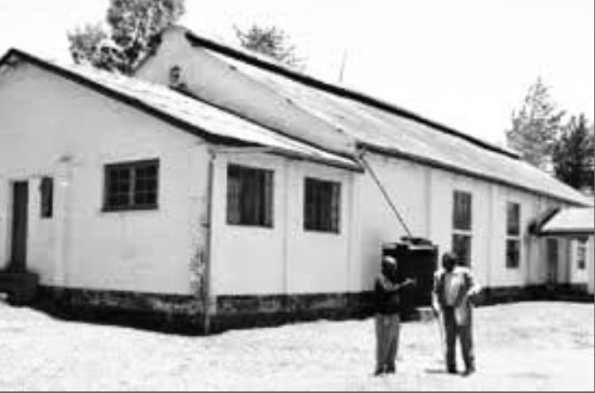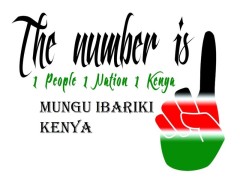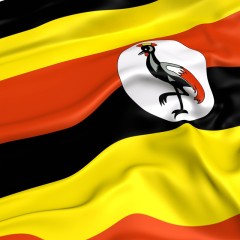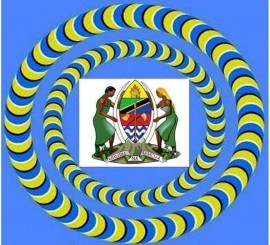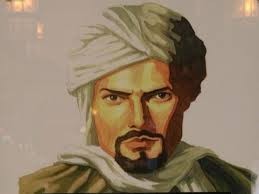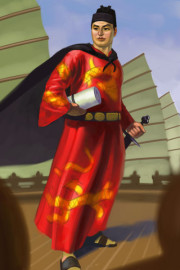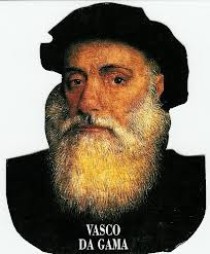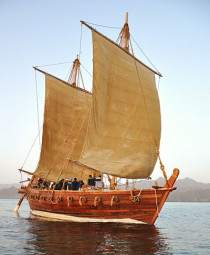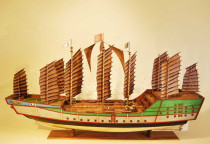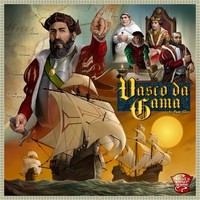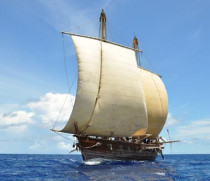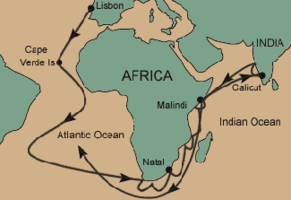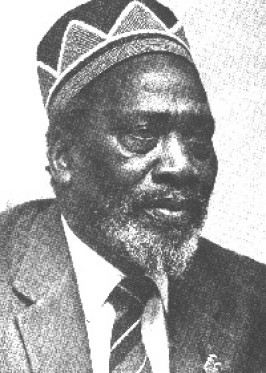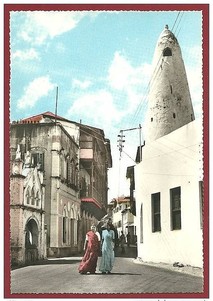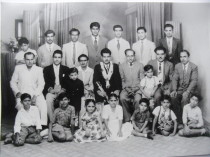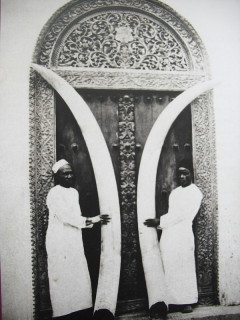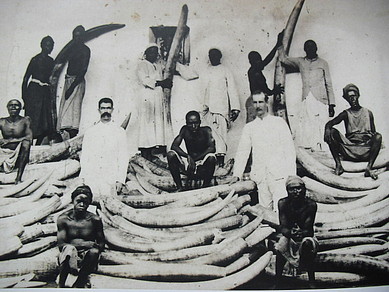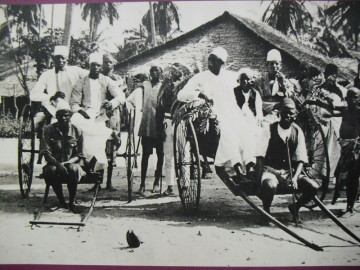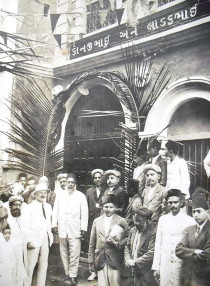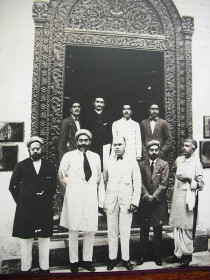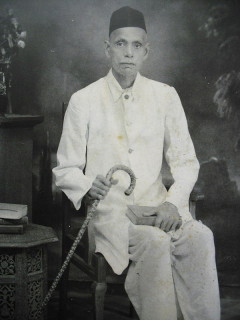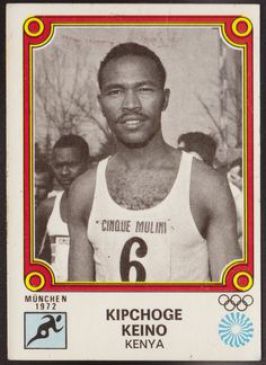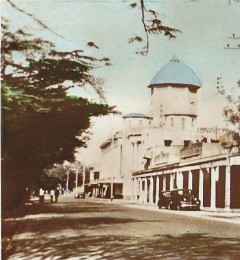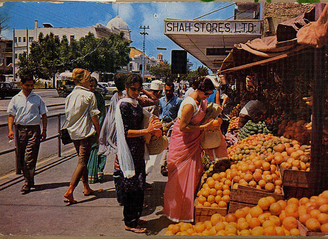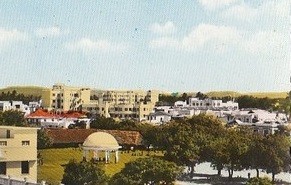Banker J C Shaw Encourages Eldoret to
Develop
by Christine
Nicholls | Feb 19, 2015 | Christine
Nicholls |
In 1912 Eldoret did not even have a name. It consisted of a few dukas (small shops), a bar, the District Commissioner’s house and a post office. It was called ‘Sixty-four’ by the few Boers and Britons who farmed in the area because such was the number on the map of the block of land it occupied. The post office gave as its address Eldore River, a watercourse which merged with another river named the Sosiani (or Saucy Annie in local parlance). Telegrams went by heliograph to Kapsabet, the nearest point where there was a telegraph line. Then in 1911 Sir Percy Girouard, the Governor of British East Africa, visited the settlement and the locals suggested to him that they call the place Girouard. Mindful that his was an uncommon name and difficult to spell, Girouard suggested a ‘t’ should be added to Eldore, and thus the place became Eldoret, a name which happily suggested Eldorado. The Standard Bank of South Africa was at this time expanding into other territories, and it decided to establish branches in Nairobi and Mombasa in January 1911, under the direction of J J Toogood. There was further East African expansion and a branch was opened in Eldoret, in 1912. The Bank appointed a young man formerly resident in South Africa to open the Eldoret branch. He was John Clifton Shaw, a Scotsman of thirty-four years of age, who had gone to East Africa in 1907. His background was one of considerable affluence and he was probably well educated. Born in Monifieth (now a suburb of Dundee), Scotland, on 1 November 1877, he grew...
Historical Process of the Nandi Movement
Early white settlers from Britain in Trans-Nzoia
http://oldafricamagazine.com/early-white-settlers-from-britain-in-trans-nzoia/
Kenya History Today (Eldoret)
http://johnkamau.blogspot.co.uk/2015/05/eldoret-town-that-south-african-boers.html
Very old, old and not so old Eldoret.
This was the only Kenyan town that ostensibly had a bar that was never manned! Revellers would just go, take beer and leave the money at the counter- and if they needed change they would take the exact amount and stagger to the hyena-laden fields of Farm 64 as the emerging town was known then.
The story is told of how two thirsty revellers found that one of their own had accidentally locked the padlock and they broke the door, took their beer, paid as usual and left. For years, the story goes on, the bar operated without a door.
But that is as far as the juicy stories of Eldoret go. Perhaps it happened, or it is one of those Happy Valley tales.
I doubt it happened for one reason. Eldoret is one of the only towns in Kenya that was founded by South African and British rogues, renegades and perverts! So, one might just ask: at what point did they acquire this civility of taking beer, paying and taking the exact change. Total lies.
But what we know is that Eldoret was the epicentre of colonial notoriety, murders, rape and chicanery. What is currently amazing is that the town, or just “Eldy” as they call it, has managed to hide this notoriety and past and soldier on rising to become the fifth largest town in Kenya.
It all started in 1909 when about 280 Boers arrived in Kenya from South Africa with prefabricated houses, wagons, ploughs, cattle and sheep and started a mighty trek to the highlands looking for a place to settle. Something akin to the veldts of South Africa where they had fled from fearing to be colonized by the British.
Led by Meneer Van Rensberg the group left Mombasa – where they arrived aboard a chartered German Boat “Windhoek” – on June 1908 and reached Nakuru on July 18, 1908. It was at Nakuru that the47 families dispersed to different routes but most veered towards modern day Eldoret with some 42 wagons.
It was in the Uasin Gishu plateaus that the group, interestingly aided by gun totting British rogues, that they managed to push out the Maasai to create what they called “breathing space” .
Colonial writer, Elspeth Huxley in her book "No Easy Way" captured the drama: "To get heavily-loaded wagons up this steep escarpment along the rough, narrow, treacherous track, with inexperienced oxen and in a wet year, was a truly remarkable feat, and only Afrikaners could have performed it...."
Famous American travel writer Negley Farson, in his 1947 book "Last Chance In Africa" says that Eldoret to the Boers looked like “ their beloved kopjes in the Transvaal -- they out-spanned at once, saying: 'Here is a land where our women can breed in space' ...
But why did they pick Eldoret? There is one story that has been passed on for generations.
It is said that one of the wagons that made it to Eldoret was carrying a heavy safe that collapsed at the site of Eldoret. An attempt by the Boers to lift it back to the wagon failed and they decided to build a bank around the safe!
By this time most of the best land had been grabbed by the whites who had christened the entire area “white highlands” and wanted to lock out ownership from everyone else. That is how the Nandi’s lost most of their land here.
Of course the boers were no ordinary settlers but cowards (fleeing Anglo-Boer war!) perverts, and racists. It was the Nandis who paid a heavy price dealing with them.
The British also had no time for the boers who had taken up farms here that had been surveyed by the Royal engineers.
Farm 64 had been allocated to a boer named Willie van Aardt and it was him who built the first post office since he could not make a living out of the farm. Thus, the story of Eldoret township started after Aardt started getting applications for business plots on the farm.
The British administration sent one of its administrators, N.F. Corbett to build a stone house opposite the New Lincoln Hotel. It was opposite here that they build a corrugated iron police station and a District Commissioners residence from the remaining material.
All this time Eldoret had no name and was just Farm 64 and farmers had to be summoned by Governor, Sir Percy Girouard to give it a name.
The names suggested included Girouardfontein, Sirikwa, Sosiani, Bado Kidogo, and finally, Eldare. It was the governor who suggested that a ‘t’ be inserted at the end to read Eldaret but due to a typing error in the official gazette the name was spelt “Eldoret” in the gazette notice of January 1, 1912 and it was never rectified!
The Bank built by the boers became The Standard Bank but the Cape Town office allegedly refused to approve the premises unless bars were fitted in the windows. Historian, A.T. Mason captures what happened: “ all the paraphernalia of city banking arrived, including a brass plate which was quickly affixed to the mud and wattle wall. On one occasion its manager J.C Shaw told the office boy to patch the flaking mud but the Swahili of both the manager and the worker was meagre with the result that when Shaw returned he found the wall had disintegrated under repeated onslaughts with buckets of water and the safe was outside in the mud!”
It is said that because there was no accommodation in Eldoret, some of the customers slept at the counter and took their morning bath at the bank or at a bar next door known as The Eddy’s. It is the Eddy’s that had been broken into by the revelers to have a beer.
Unlike other towns Eldoret used the Kruger coins as its currency and its District Commissioner had very little hold of the boers and the town was basically neglected and the public works department did not encourage stone buildings hoping to remove the corrugated iron and go elsewhere.
The DC had to refer all decisions to Naivasha or Nairobi and had no powers and in 1913 the first DC resigned in protest.
But it rose to service the agricultural farms with fuel and as a post office and by 1924 the railway arrived connecting the town to the coast.
Even today, the Boer legacy on this town can be seen in the old buildings and churches.
Written by John Kamau on his blog: http://johnkamau.blogspot.com/
The governor decided to establish an administrative centre in the area 1912 and thus the Post Office was renamed from “64” to a new official town name: “Eldoret” . The origin of the name Eldoret is the Maasai word “eldore” meaning stony river –with reference to the river-bed of the nearby Sosiani. Becoming an administrative centre caused an enormous increase in trade within the prospective city. A bank and several shops were built. This November 14th 1912, Eldoret, with an acreage of 2,770 was officially proclaimed a township.
https://www.uasingishu.go.ke/history/
At many places in the district can be seen “Sirikwa holes’. They are relics of a people whose settlements consisted of round excavated dwellings with stone walls.
When Government surveyors pegged out blocks of land for which settlers apply, each future farm received a number. Number 64, on the Sosiani River was leased to Willie van Aardt, this
township in embryo was known as “64”. British settlers divided the land into huge portions named Settler Farms. Eldoret being 64 miles away from the Kibigori Railway it was therefore, called Farm 64.
The locals pronounced it as Si-Si-Bo, a corruption of the word Sixty–Four.
The governor at the time, Percy Girouard, summoned the farmers to give the business center a name. Sirikwa, Eldare, Sosiani, Bado Kidogo (I’m not making this up) were some of the names that were
suggested. Not to forget Girouardfontein, which was to be named after the governor… good thing that suggestion never went through! Now, the governor suggested that a T be added to Eldare (which means
a place of hard rocks in the Maasai language) so as to make it Eldaret.
In comes the typing error. In the official gazette notice of January 1, 1912, the name was spelled Eldoret and not Eldaret as was intended. The error was never rectified.
So there you have it. Some facts about Eldoret you probably didn’t know.
.
Many Kaburoos got fertile land for virtually free because many migrated up North after the S.A War in the early 1900’s.
It is also thought that F.W. de Klerk’s family also originates from Eldoret.
It is also recorded that Juma Hajee with 3 sons and 6 daughters, came from India to Kenya in 1904, In 1907 he came up to the Plateau and lived 11 miles from Eldoret at what is still called Hajee’s
Drift.
Lochab and Rai have been in Eldoret for many years and are mostly involved with timber trade and manufacturing of Building material. Lochab as I know of were located on Kapsabet/Kisumu Road and Rai
had a massive manufacturing on Uganda Road.
Boer origins of Eldoret town, its Bar with no door and other stories
This was the only town in Kenya that was started by South African Boers
https://johnkamau.substack.com/p/boer-origins-of-eldoret-town-its
Eldoret Town: The Fascinating History You Probably Didn’t Know
When President F.W. de Klerk was in Kenya for a state visit in 1991, he flew to Eldoret to attend a church service at a Dutch Reformed Church where his grandfather, Rev Willem de Klerk, had ministered 50 years earlier.
When President F.W. de Klerk was in Kenya for a state visit in 1991, he flew to Eldoret to attend a church service at a Dutch Reformed Church where his grandfather, Rev Willem de Klerk,
had ministered 50 years earlier.
''I am very impressed," he said after the service. "It is very encouraging to find Afrikaners living so far north in Africa."
Eldoret was the heart of the Boer community that settled in the area in the early 1900s when Kenya was a British colony.
The first Boers to settle at Eldoret were made up of Forty-seven families and had sailed to the Kenyan port of Mombasa in a ship called the Windhook, finally reaching Western Kenya in 1908 in a
caravan of 42 wagons and 72 horses. They were followed by many more who travelled all the way from South Africa in Caravans.
At Eldoret They set up their own schools and churches and kept Afrikaans as their native tongue. They instituted their own brand of apartheid, cruelly oppressing the local blacks and imposing a code
of strict racial separation.
At one point, the Boers in Eldoret numbered in thousands. In fact one Dutch Reformed Church branch at Eldoret alone , had a congregation of 600 Boers.
In 1991 , one African who trained as pastor at Dutch Reformed Church at Eldoret before independence, recalled how he was badly treated during his training by the South African missionaries who
controlled the church.
"We were not allowed to sit on their chairs or enter into their houses," he said . "Even the house of the missionaries we were not allowed to enter. We had to stay outside." He also recalled being
served tea by a missionary, not from a cup but from a tin.
The population of the Boers at Eldoret began dwindling after independence. In fact many has started leaving just before independence for fear of Black rule.











